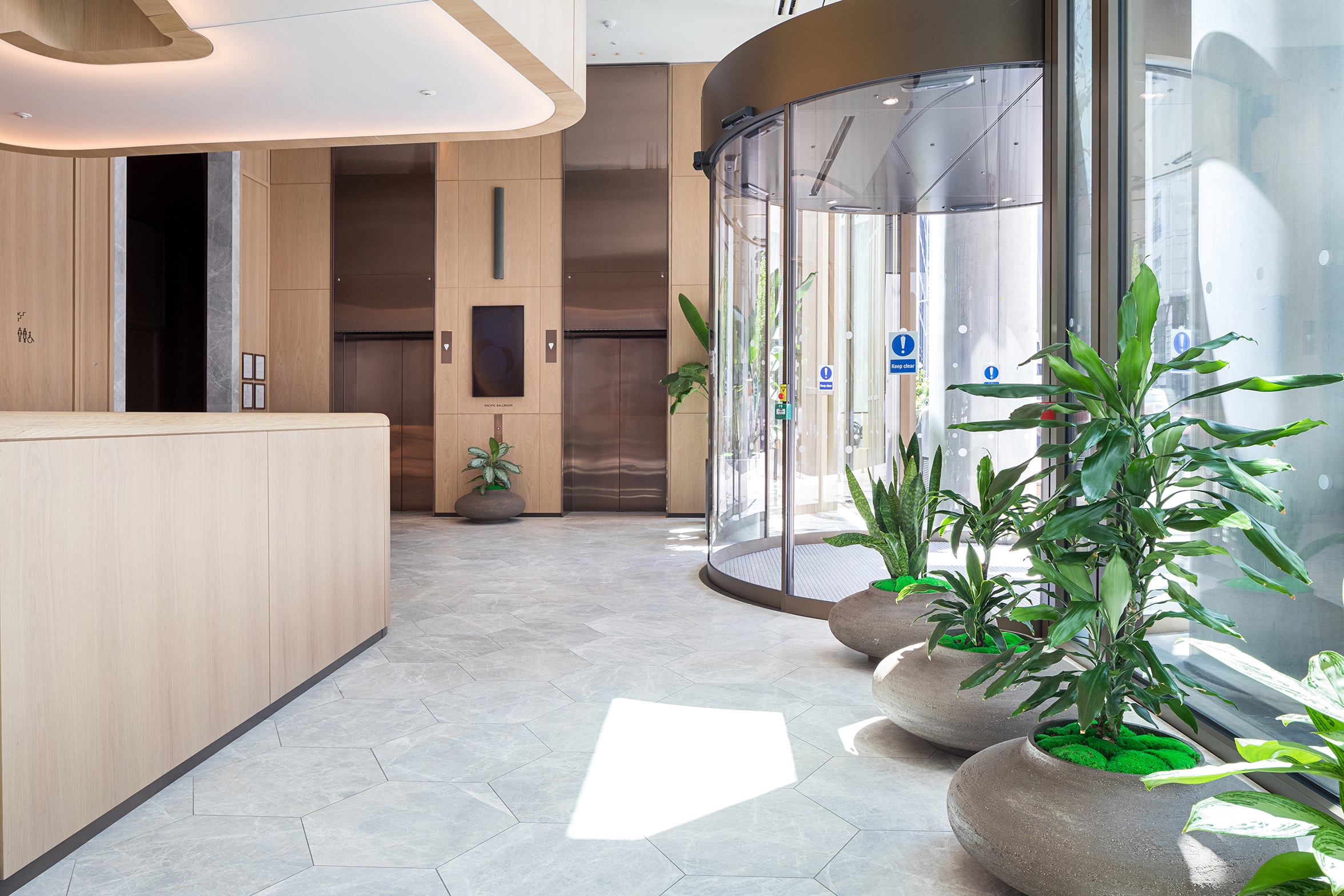

Interior plants have become increasingly popular in office and hotel spaces. They not only enhance the aesthetic appeal but also provide numerous benefits, including improved air quality, stress reduction, and increased productivity. When considering a planting scheme, one important decision to make is whether to rent or purchase the plants. In this article, we will compare the pros and cons of renting and purchasing plants, helping you make an informed decision that aligns with your budget, maintenance capabilities, and long-term goals.
Renting Interior Plants:
Renting plants involves entering into a contract with a professional plant rental service, where they provide and maintain the plants in your space for a specified duration. Here are some key points to consider:
Cost-Effectiveness: Renting plants can be a more cost-effective option, especially for short-term or temporary installations. You can avoid the upfront costs associated with purchasing plants, containers, and maintenance equipment.
Flexibility and Variety: Renting allows you to experiment with different plant varieties and styles without the commitment of long-term ownership. You can easily swap plants or update the design to suit changing preferences or seasonal themes.
Professional Maintenance: Plant rental services typically provide professional maintenance, ensuring that the plants remain healthy and vibrant. They handle watering, fertilizing, pruning, and replacement if needed, relieving you of the responsibility and expertise required for plant care.
Purchasing Interior Plants:
Purchasing plants involves buying the plants outright. Here are the advantages and considerations:
Long-Term Investment: Purchasing plants is a long-term investment that allows you to enjoy the benefits of the greenery indefinitely. It can be more cost-effective over time, especially if you plan to keep the plants for an extended period.
Customisation and Ownership: Purchasing plants gives you the freedom to fully customise your interior planting scheme.
Maintenance Responsibility (only applicable if a maintenance contract isn’t put in place): With ownership comes the responsibility of plant care. You will need to ensure proper watering, pruning, fertilising, and pest control. It requires a level of commitment, knowledge, and time investment in plant maintenance.
Flexibility for Repositioning: Owning plants allows you to easily reposition them within your space or relocate them to different areas. This flexibility can be beneficial if you want to experiment with different layouts or adapt to changing office configurations.
Potential Risks: When purchasing plants, there is a risk of plants not thriving due to improper care or lack of expertise. It’s essential to educate yourself or your team on plant care best practices to minimize any risks.
The decision to rent or purchase a planting scheme depends on various factors, including budget, flexibility, customisation, and maintenance capabilities. Renting offers cost-effectiveness, professional maintenance, and flexibility, making it suitable for short-term or temporary needs. Purchasing, on the other hand, provides long-term investment, and ownership, but often requires the commitment of plant care.
Consider your specific requirements, the intended duration of the plant installation, and your willingness to take on maintenance responsibilities. Whether you choose to rent or purchase, incorporating plants into your space will undoubtedly bring beauty, health benefits, and a refreshing ambience.
If you’re looking for a Biophilic Design expert, Leaflike offers expert design, a gold-standard in customer service, full installation, and ongoing plant maintenance.
